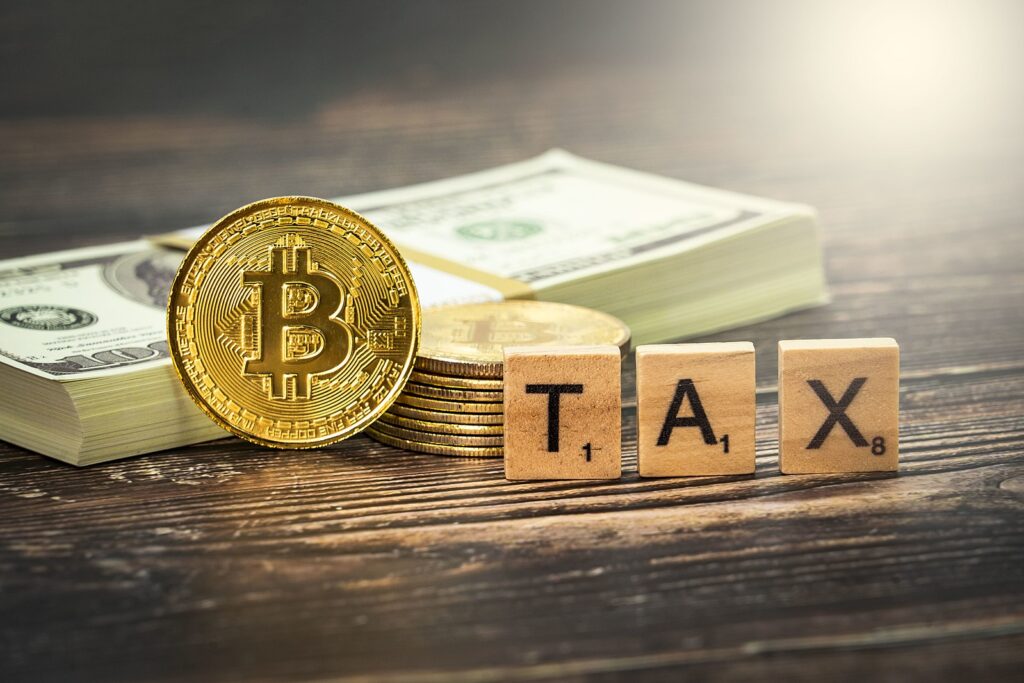ITAT Ruling Classifies Bitcoin as a Capital Asset: Detailed Insights on Raunaq Prakash Jain Case

Updated on: Dec 18th, 2024| 3 min read
Introduction
The Income Tax Appellate Tribunal (ITAT) recently delivered a groundbreaking verdict in the case of Raunaq Prakash Jain vs. Income Tax Officer, recognizing Bitcoin as a capital asset. This ruling clarifies the tax treatment of cryptocurrency gains for periods prior to April 1, 2022, offering much-needed guidance for Indian investors. Let’s delve into the case details, the legal reasoning, and its broader implications.
Background of the Case
Mr. Raunaq Prakash Jain, a salaried individual, had invested ₹5.05 lakh in Bitcoin during FY 2015-16. By FY 2020-21, he sold his holdings for ₹6.69 crore, realizing a substantial profit. In his Income Tax return for AY 2021-22, Mr. Jain:
- Reported the profits as long-term capital gains (LTCG).
- Claimed a deduction under Section 54F for reinvesting the sale proceeds in residential property.
The tax authorities challenged this reporting, arguing that Bitcoin was not explicitly recognized as a capital asset under the Income Tax Act during the relevant period.
Assessing Officer’s View
The Assessing Officer (AO) made the following points:
- Speculative Gains: The AO classified the profits as income from other sources under Section 56, arguing that Bitcoin transactions were speculative in nature.
- Denial of Section 54F Deduction: Since the profits were treated as income from other sources, the AO disallowed Mr. Jain’s claim for exemption under Section 54F.
This sparked a legal dispute that reached the ITAT.
ITAT Ruling: Bitcoin as a Capital Asset
The ITAT analyzed the case and provided the following critical observations:
1. Definition of Capital Asset
The tribunal noted that Section 2(14) of the Income Tax Act defines a capital asset broadly as “property of any kind,” excluding certain specified exceptions.
- Bitcoin, despite its virtual nature, qualifies as property and therefore falls under the ambit of a capital asset.
- The absence of specific provisions governing virtual digital assets (VDAs) prior to 2022 does not preclude cryptocurrencies from being considered capital assets.
2. Treatment of Gains
Since Mr. Jain held his Bitcoin investment for more than 36 months, the ITAT ruled that the gains should be classified as long-term capital gains (LTCG).
3. Eligibility for Section 54F Deduction
The ITAT validated Mr. Jain’s claim for deduction under Section 54F, acknowledging that the reinvestment of sale proceeds into residential property satisfied the conditions for claiming the exemption.
4. Legal Precedents
The tribunal referred to the Supreme Court’s ruling in CIT v. Vegetable Products Ltd. (1973), emphasizing that ambiguities in tax laws must be interpreted in favor of the assessee.
Implications of the Ruling
For Cryptocurrency Investors
- Pre-2022 Gains:
Cryptocurrency gains realized before April 1, 2022, can now be classified as capital gains, enabling investors to claim related exemptions. - Tax Planning Opportunities:
The ability to claim deductions like Section 54F can significantly reduce the tax burden on cryptocurrency investors. - Record-Keeping:
Investors must maintain detailed transaction records, including purchase dates, holding periods, sale prices, and associated costs, to substantiate claims of LTCG and deductions.
For the Crypto Ecosystem in India
- Regulatory Certainty:
This ruling establishes a judicial precedent for the tax treatment of cryptocurrencies in India, even before the introduction of VDA-specific provisions in the Finance Act, 2022. - Compliance Burden:
The decision underscores the need for clear documentation and compliance with tax laws, fostering a more structured approach to crypto investments.
How Crypto Gains Are Taxed in India Today
While the ITAT ruling applies to periods before FY 2022-23, new regulations governing VDAs were introduced effective April 1, 2022:
- A flat 30% tax on gains from cryptocurrency transactions.
- No deductions allowed other than the cost of acquisition.
- Losses from cryptocurrency transactions cannot be set off against other income.
Steps to Ensure Compliance
To navigate the evolving crypto tax landscape, investors should:
- Maintain Transaction Records: Document purchase prices, sale prices, and holding periods to calculate gains accurately.
- Consult Tax Experts: Seek professional advice to leverage exemptions and stay compliant with current regulations.
- Monitor Regulatory Updates: Stay informed about changes in crypto taxation and other compliance requirements.
Conclusion
The ITAT’s decision in the Raunaq Prakash Jain case is a significant milestone in the taxation of cryptocurrencies in India. By recognizing Bitcoin as a capital asset, the ruling provides clarity on the tax treatment of cryptocurrency gains for periods prior to April 1, 2022. As the crypto ecosystem evolves, investors must adapt to regulatory changes and ensure compliance to optimize their tax obligations.
This decision offers a much-needed foundation for investors and tax authorities to navigate the complexities of cryptocurrency taxation, ensuring fairness and transparency in the rapidly growing crypto market.
Let’s Connect!
Trusted By Your Favorite Brands






